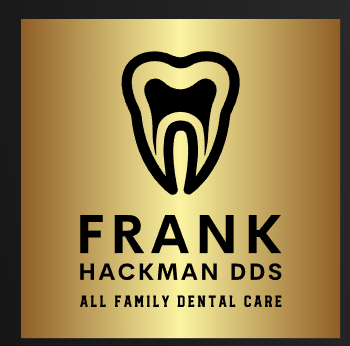If you’re concerned about your oral health exams, you may want to visit a dentist for a gum disease and oral health exam. Not only can it detect signs of developing problems, it can also help you learn how to take better care of your teeth.
Gum disease is a chronic inflammatory condition of the gums. It affects more than half of all adults in the United States. Although it is not always noticeable, symptoms include red and swollen gums. Your dentist can diagnose the problem and recommend a treatment plan.
There are several types of gum disease. In general, it starts as gingivitis, which is a build-up of plaque below the gumline. When the plague reaches a certain depth, it becomes tartar, which can cause the tooth to decay. A professional cleaning can remove some of the plaque and tartar, but you will need to brush and floss regularly to keep your mouth clean.
Periodontitis is a more serious form of gum disease. In this form, the infection spreads to the bone and tissue around the teeth. This causes the gums to pull away from the teeth, creating pockets where bacteria and bacteria-derived debris can accumulate. As the disease progresses, the pockets deepen and the gums begin to bleed.
Gums are a major part of your body’s defense against infection. When they are healthy, your gums can protect your teeth and the surrounding tissues from bacteria and debris. However, if you don’t practice proper dental hygiene, they can become infected and inflamed. The inflammation in the affected areas of your gums can aggravate illnesses such as diabetes and HIV. Keeping your teeth and gums clean is a key to preventing gingivitis and periodontitis.
You should have oral health exams every six months. Your dentist will evaluate your oral hygiene, check for any cavities, and check your jaw alignment. He or she can also check for any signs of oral cancer. During the exam, your dentist will ask you about any medications you’re taking. Some medicines have the potential to interfere with your oral health.
You should not have dental x-rays if you are pregnant. These x-rays have a small dose of radiation, but they are usually safe for most people. They will take images of each tooth and the surrounding bone.
You should have a gum disease and oral health exam if you suspect that you have gingivitis. During the exam, your dentist will examine your gums, measure the sulcus depth, and check for any signs of gum recession. A dental hygienist will also clean your teeth.
Your dentist will also check for any other risk factors that may increase your risk of gum disease. For example, if you have a family history of dental disease, you may have a higher risk of developing it. Medications like Dilantin, an anticonvulsant, can also cause abnormal gum tissue growth.
You should get a comprehensive oral health exams at least once every three years. Even if you have a good oral hygiene routine, it is still a good idea to have your teeth and gums checked on a regular basis.
Oral Health Exams and Preventive Care – Protecting Your Smile





7 thoughts on “Gum Disease and Oral Health Exams – What You Need to Know”